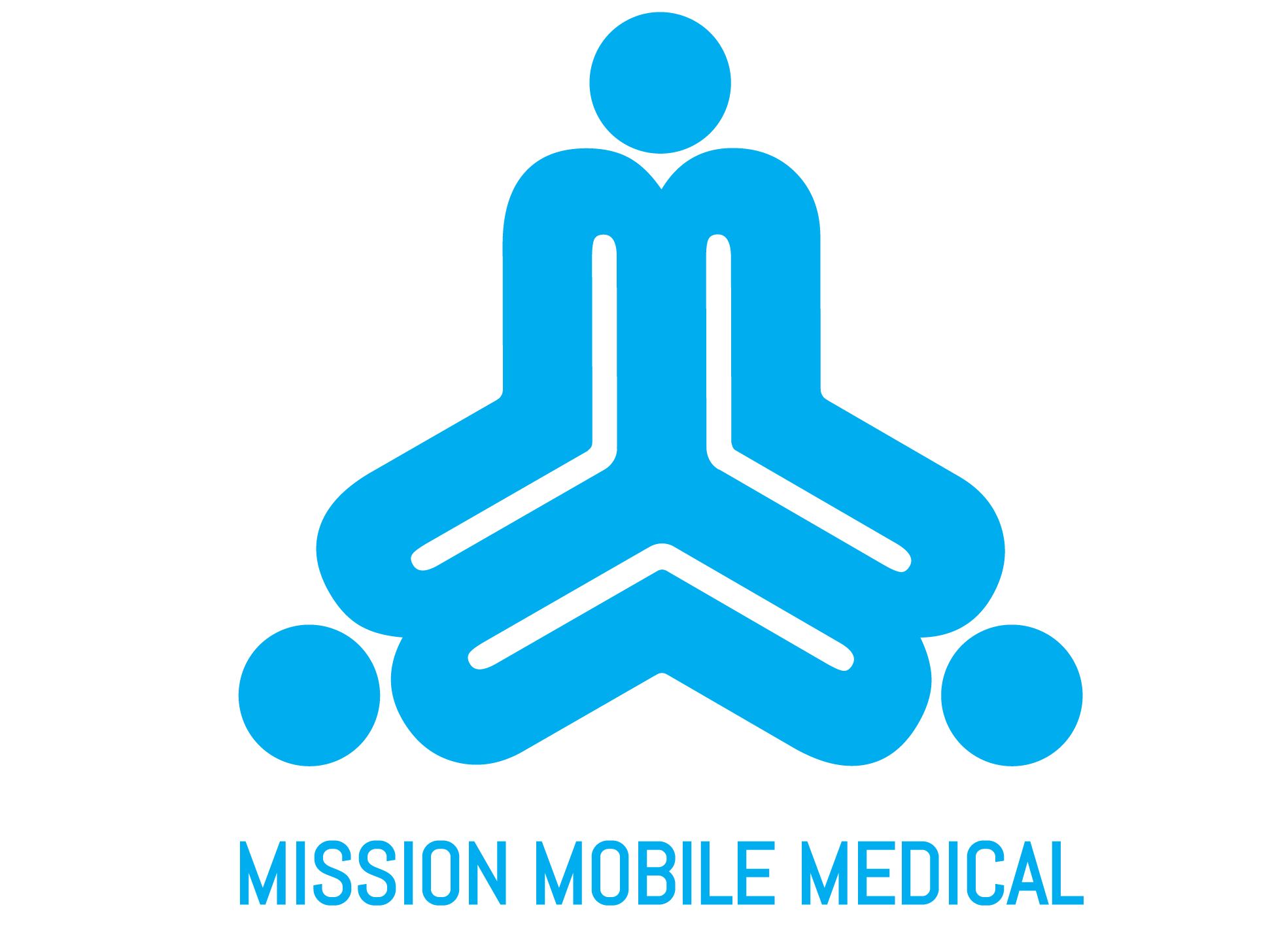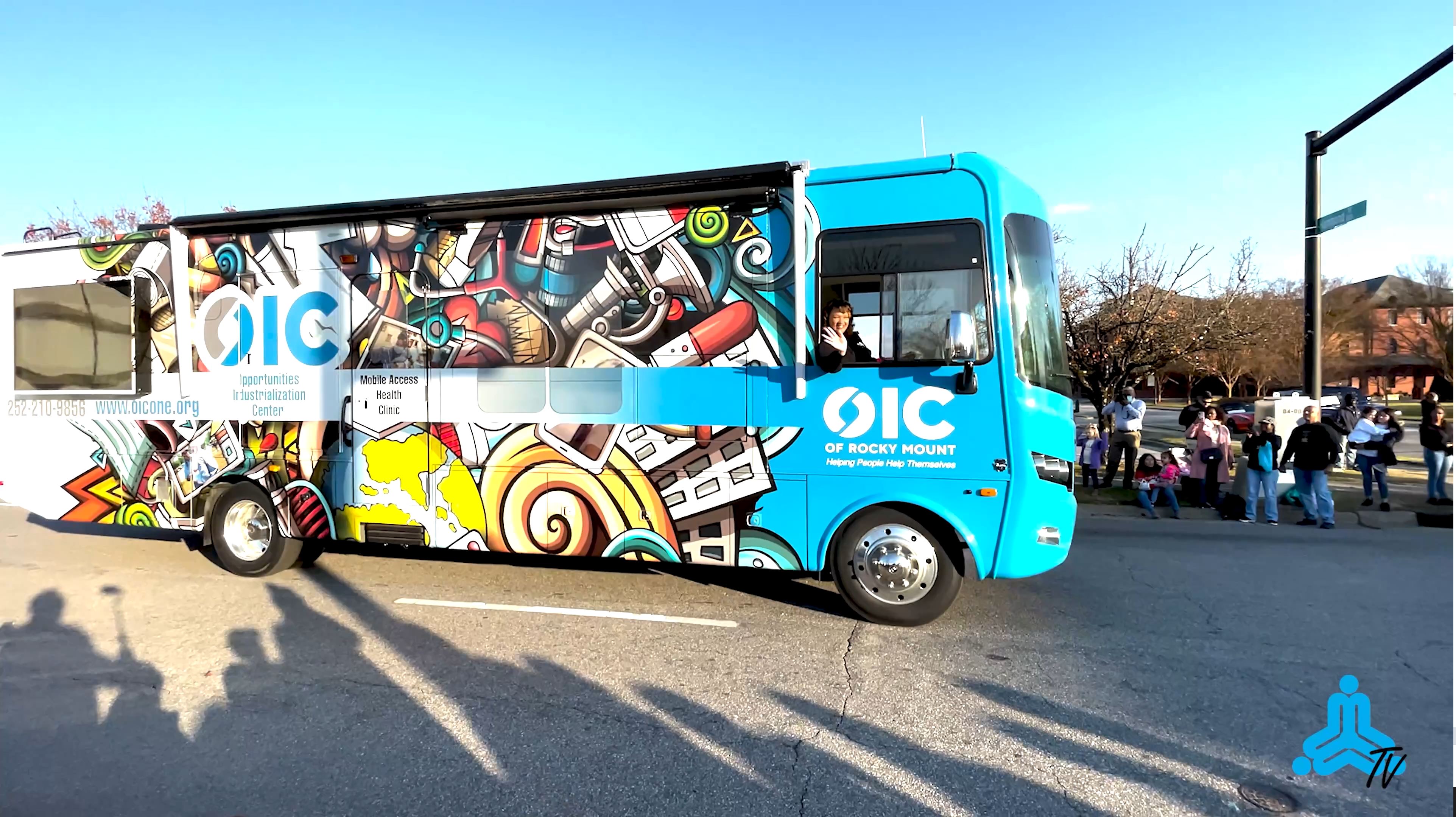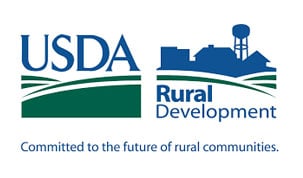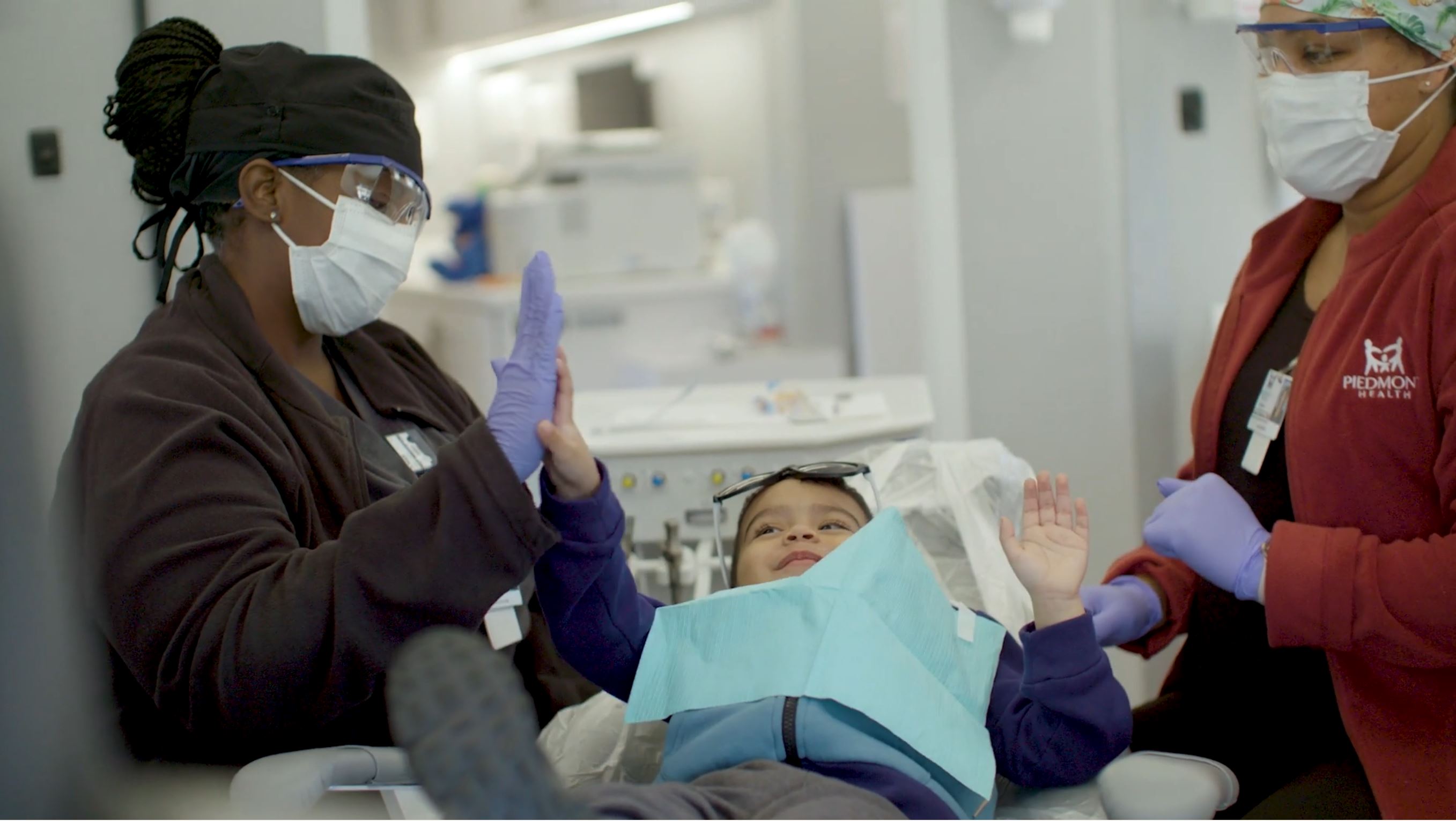Mobile Clinic Type Guide
Mobile clinics have become an increasingly popular way to provide healthcare services to those in underserved communities. These clinics are a vital...
1 min read
 Mission Mobile Medical
May 18, 2023 4:12:41 PM
Mission Mobile Medical
May 18, 2023 4:12:41 PM

Mobile clinics are playing an increasingly important role in promoting health equity in rural areas. In many parts of the world, rural populations face significant challenges in accessing adequate healthcare, including limited access to medical professionals and facilities, long wait times for appointments, and high costs of care. Mobile clinics are helping to fill this gap by providing essential healthcare services to those who need it the most.
Mobile clinics offer a variety of medical services, from primary care to specialty care. Patients can receive diagnosis and treatment for common illnesses or ailments at convenient locations, often close to their homes. Mobile clinics also provide preventive care such as vaccinations and screenings for chronic diseases like diabetes and hypertension. By making healthcare more affordable and accessible, mobile clinics help improve patient outcomes and reduce disparities in health outcomes between rural and urban populations.
In addition to providing timely access to medical professionals, mobile clinics have several other benefits for rural patients. They offer a comfortable environment that is often less intimidating than traditional hospitals or doctor’s offices. Additionally, they allow patients to receive care without having to travel long distances or take time off work. Finally, mobile clinics provide an opportunity for healthcare providers to build relationships with their patients over time which can lead to better health outcomes overall.
Technology-enabled healthcare provider Homeward worked with Mission Mobile Medical to deliver mobile clinic care to rural Michigan patients
However, there are unique challenges faced by healthcare providers when operating a mobile clinic. These include staffing issues such as finding qualified personnel willing to travel with the clinic, logistical issues such as ensuring the clinic has enough supplies, and funding issues such as securing grants or donations from private organizations or government agencies. Mission Mobile Medical can help you address these gaps. Mission Mobile Academy is Mission Mobile Medical's 2-day course that'll train your staff to be confident driving and operating their clinic with hands-on training and experience. In addition, Mission Mobile Medical has comprehensive guides on securing available grants that will make securing funding a breeze. Though there may be barriers, Mission Mobile Medical can help you break them down easily!
Overall, mobile clinics play an essential role in promoting health equity in rural areas by providing timely access to medical professionals and essential healthcare services at convenient locations close to home. By reducing barriers in access to healthcare such as cost and distance traveled, these innovative solutions help improve patient outcomes while also addressing disparities between urban and rural populations when it comes to receiving quality care.

Mobile clinics have become an increasingly popular way to provide healthcare services to those in underserved communities. These clinics are a vital...

Mobile clinics offer a solution to reach communities with inadequate healthcare access in rural areas and underserved communities. However, starting...

Dental health is a fundamental part of overall health and well-being, yet many people, particularly those in rural and low-income areas, do not have...